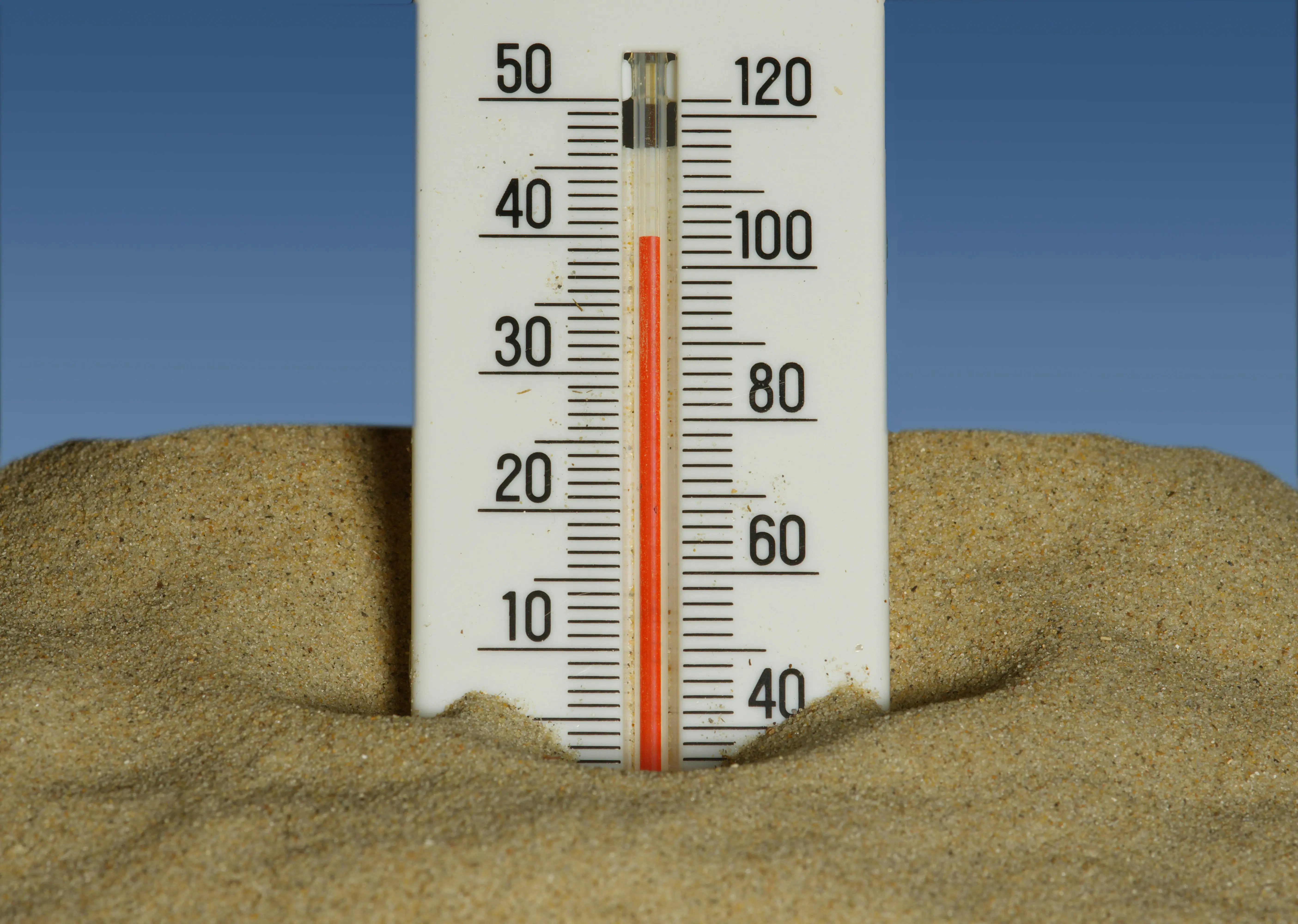Protecting Kids From Rising Heat: Urgent Steps Needed

With heat waves intensifying across the United States, a Harvard webinar focused on safeguarding children's health against these soaring temperatures. Experts stressed how unrecognized threats posed by extreme heat could affect child development.
Lindsey Burghardt, chief science officer at Harvard’s Center on the Developing Child, emphasized that extreme heat poses significant risks to children. It can lead to premature birth, low birth weight, sleep disruption, learning difficulties, and mental health issues. “These effects are profound not only during childhood but can impact them for the rest of their lives, making timely intervention crucial,” said Burghardt.
The Environmental Protection Agency (EPA) describes extreme heat days as those exceeding 95°F, often persisting even at night. EPA data indicates that such heat waves are becoming more frequent and severe.
Michelle Kang, CEO of the National Association for the Education of Young Children, noted how climate change is reshaping learning environments. “Without adequate shade or cooling facilities, outdoor play and even indoor activities become challenging, increasing stress for educators,” she explained. Many schools struggle with insufficient air conditioning, affecting their ability to maintain safe temperatures.
Jennifer Vanos, an associate professor at Arizona State University, highlighted that outdoor playgrounds can become heat islands—areas that trap heat and pose additional risks. She explained, “It varies by school; some have well-designed shading, while others don't.” Vanos urged monitoring playtime closely since children can overheat rapidly. Unlike adults, kids have fewer sweat glands, making it harder for them to cool down.
Signs of overheating include increased heart rates and sweating, which could lead to serious conditions like heat stroke. In extreme cases, it may result in organ failure requiring hospitalization. Vanos stressed the need to understand each child's unique risk factors, including pre-existing conditions or medications, to ensure their safety during extreme heat.